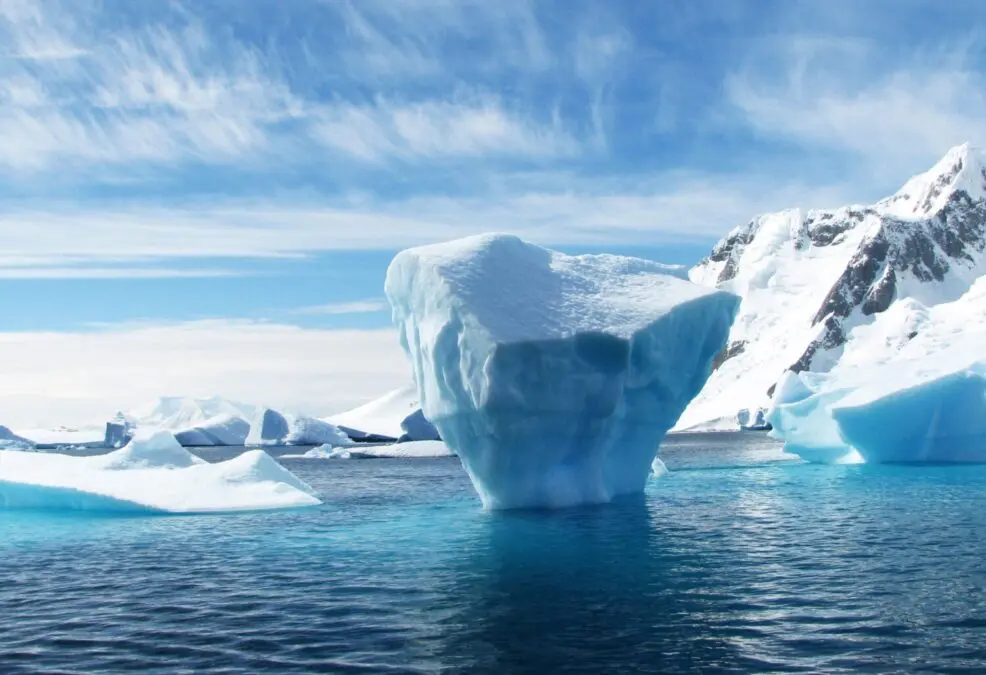The rapid melting of Antarctic ice is dramatically slowing the circulation of water in the world’s oceans and could have catastrophic effects on global climate, the marine food chain and even the stability of ice shelves. This is what scientists quoted by Reuters warn.
Ocean circulation, which consists of the movement of denser water toward the sea floor, helps provide heat, carbon, oxygen, and vital nutrients around the globe. However, deep ocean water flows from Antarctica could decline by 40% by 2050, according to a study published in the journal Nature. “It’s stunning that it’s happening so quickly,” said Alan Meeks, a paleoclimatologist at Oregon State University and co-author of the latest Intergovernmental Panel on Climate Change report. “The phenomenon seems to be kicking in right now, and that’s breaking news,” he says.
As temperatures rise, fresh water from melting Antarctica enters the ocean, reducing the salinity and density of surface waters and reducing downward flow to the bottom. While previous research has looked in detail at what might happen with a similar disturbed circulation in the North Atlantic Ocean, where Europe could suffer from the melting of the Arctic ice, the mechanism of the melting of the Antarctic ice has so far been poorly studied. The circulation of water in the ocean allows nutrients to rise from the bottom, with the Southern Ocean supporting about three-quarters of the world’s production of phytoplankton, which is at the base of the food chain, said second study co-author Steve Rintoul. “If the downward movement of water near Antarctica is slowed down, the whole circulation will be slowed down, and that will reduce the amount of nutrients that return from the deep ocean waters back to the surface,” says Rintoul. The results of the study also show that the ocean no longer absorbs as much carbon dioxide as its upper layers thin out, leaving more and more carbon dioxide in the atmosphere.
Illustrative Photo by Pixabay:






